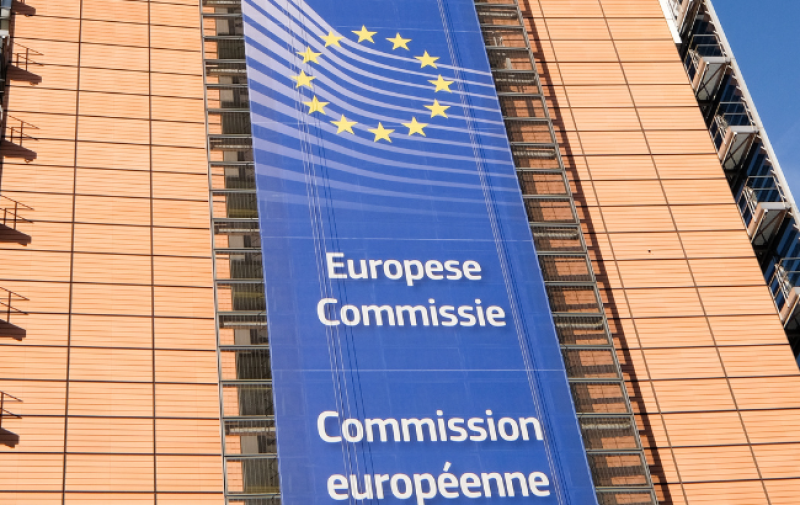Stay always informed
Interested in our articles? Get the latest information and analysis straight to your email. Sign up for our newsletter.

A picture of the European Commission building
By I-d-N from Getty Images, via Canva Pro
One year has passed since the European Ombudsman found the European Commission responsible for "maladministration" for refusing to release the full, unredacted impact assessment (IA) of the proposed revision to the REACH chemicals regulation. The Ombudsman's decision came in response to a complaint filed by Corporate Europe Observatory. Despite this ruling, the European Commission continues to withhold this and other important documents, obstructing transparency and democracy in the legislative process.
On 28 September 2023, Corporate Europe Observatory submitted a new request for the full IA and the corresponding opinion of the Regulatory Scrutiny Board (RSB), in line with the Ombudsman's judgement, which stated that the "European Commission should fully disclose the requested documents concerning the revision of the REACH Regulation without any further delay."
However, on 18 October 2023, the Commission once again refused the request. An appeal was filed on 1 November 2023, but nearly 11 months later, the Commission has yet to respond, let alone comply.
REACH and the Chemicals Strategy for Sustainability
In 2020, the Chemicals Strategy for Sustainability promised that REACH would be "reinforced as EU's cornerstone for regulating chemicals". In particular, the most harmful chemicals would be banned in consumer products, allowing their use only where essential. However, four years later, recent developments reflect a significant shift in approach within the Commission.
Now Commission President von der Leyen's political guidelines and the mission letter to Environment Commissioner-designate Jessika Roswall have reframed the commitment on chemicals reform, instead focusing on "simplifying" REACH within the context of a zero-pollution agenda tied to a new "chemicals industry package." Years of corporate lobbying have influenced this shift, steering the policy away from the Chemical Strategy for Sustainability (CSS)'s robust emphasis on protecting human health and the environment and instead favouring a pro-industry approach.
The case for transparency and accountability
With this policy shift now in black and white, transparency and accountability in the Commission's decision-making process have become more important than ever. The release of the full, unredacted IA and other requested documents concerning the original REACH revision proposal is essential to ensuring public oversight and democratic participation in the EU legislative process.
The European Ombudsman, in her 2023 ruling, highlighted the importance of "timely public access to legislative documents" to allow citizens to exercise their democratic right to influence EU lawmaking. One year on, the Ombudsman's reasoning remains entirely valid and requires urgent Commission action.
Vicky Cann, Corporate Europe Observatory researcher and campaigner, says:
"It is imperative that the full REACH revision impact assessment is released without any further excuse, procrastination, or delay. By failing to do so, the Commission is blatantly ignoring the European Ombudsman and pre-existing European case law, but also the democratic rights of all EU citizens."
In addition, on 17 September, the European Ombudsman called for a full ban on meetings with lobbyists by the Commission's RSB members. This came in response to a March 2023 complaint by Corporate Europe Observatory, which raised concerns about written or in-person contact by RSB members with lobbyists on the Corporate Sustainability and Due Diligence file.
“The Ombudsman has now outlined several ways in which the Commission needs to improve its Regulatory Scrutiny Board: publishing its opinions and the corresponding impact assessments in real-time, boosting its environmental and social policy expertise, better handling of declarations of interest, and a full ban on contacts with lobbyists. With the RSB set to get an even bigger role under the second von der Leyen Commission, we consider that it is long overdue to conduct a wider review of the whole ‘better regulation’ agenda of which the RSB is part. Tackling the climate and toxics crises is hardly possible in an era when deregulation and competitiveness dominate the Brussels agenda”.
ENDS
For media inquiries, please contact
Vicky Cann, Corporate Europe Observatory researcher and campaigner
+44 7960 988096
Marcella Via, Corporate Europe Observatory press officer
+393484201435
Notes to editor